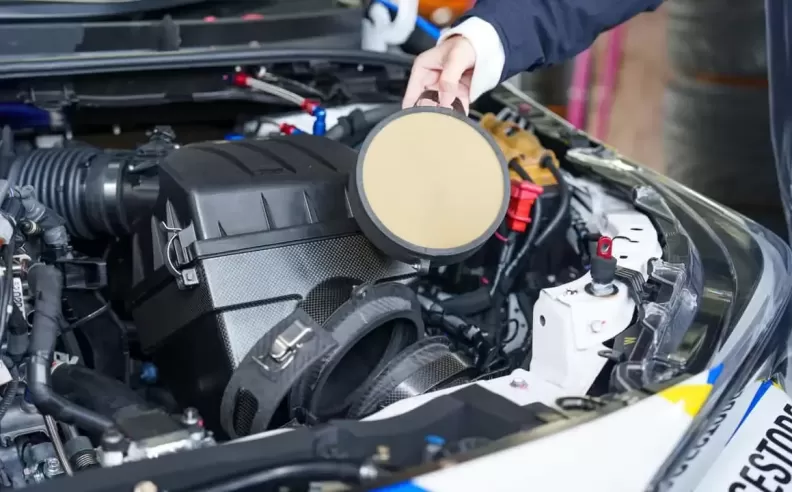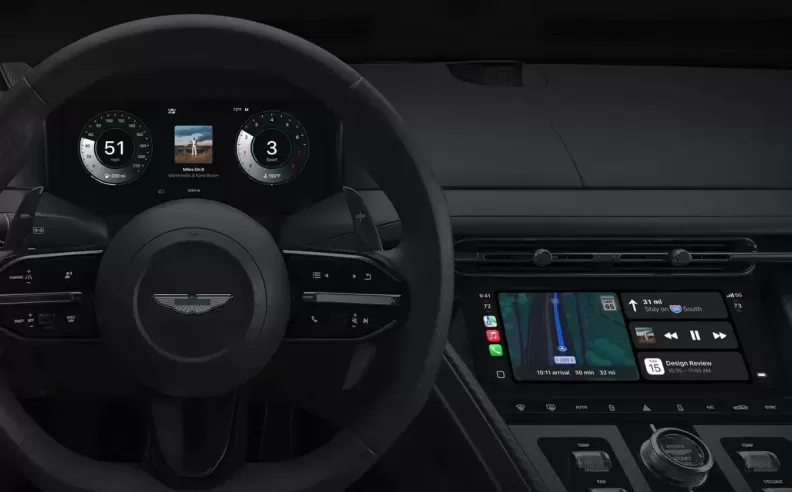
In a groundbreaking move towards sustainable automotive technology, Toyota has unveiled a pioneering air filter system that captures carbon dioxide directly from the atmosphere. This innovative initiative is part of the company's broader commitment to developing environmentally friendly solutions, challenging the conventional narrative that electric vehicles are the only path to a carbon-neutral future. Toyota's recent tests on a hydrogen combustion engine, featured in the GR Corolla race car prototype, demonstrate the potential of this technology.

The heart of Toyota's experiment lies in the air filter system integrated into the hydrogen combustion engine. Unlike traditional filters that focus solely on particulate matter, this system captures carbon dioxide during the combustion process. The captured CO2 is then transferred into a fluid medium using the engine's own heat, eliminating the need for additional energy inputs.
The practical application of this technology has been put to the test in Toyota's GR Corolla race car prototype. Over 20 laps, the air filter system successfully captured approximately 20 grams of carbon dioxide. While this may seem modest, it's an important first step towards demonstrating the viability of carbon capture technology within the automotive sector.
Despite the promising results, Toyota acknowledges that there are significant challenges ahead before this technology can be integrated into mainstream production vehicles. One major hurdle is the relatively low amount of carbon captured, which is insufficient to offset the emissions produced by an average gasoline engine. Additionally, the frequent replacement of the filter poses logistical and environmental concerns that need to be addressed for widespread adoption.
To put the carbon-capturing achievement into perspective, a gasoline car typically emits nearly 8,900 grams of CO2 per gallon consumed. In its current state, the air filter system has a long way to go before it can make a substantial impact on reducing overall emissions. However, Toyota remains optimistic about the technology's potential and is actively working on refining and enhancing its capabilities.
In a surprising move amid the industry's fervent focus on electric vehicles, Toyota's commitment to developing carbon-capturing technology reaffirms its dedication to a diverse approach to sustainability. Chairman Akio Toyoda's recent announcement of a "major engine development project" marks a deviation from the prevailing trend, with the company expressing confidence in the continued relevance of gasoline engines, hybrids, and fuel-cell vehicles.
Toyota's development of an engine with a carbon-capturing air filter system represents a significant stride towards sustainable mobility. Although there are obstacles to overcome before this technology can be widely adopted, the company's commitment to a diverse range of propulsion technologies demonstrates a holistic approach to achieving carbon neutrality. As the automotive industry grapples with the urgency of environmental concerns, Toyota's innovative initiatives remind us that there are multiple paths towards a greener future.

Wael is an automotive content writer specializes in creating written content for Motor 283. Producing a wide range of content, including blog posts, articles, product descriptions, reviews, and technical guides related to cars, trucks, motorcycles, and other vehicles, with an unprecedented passion for cars, and motorcycles.
